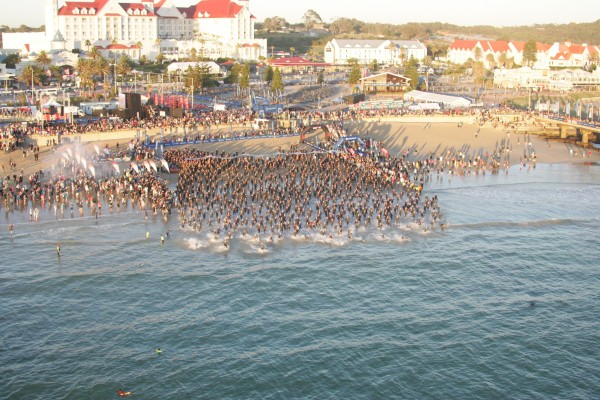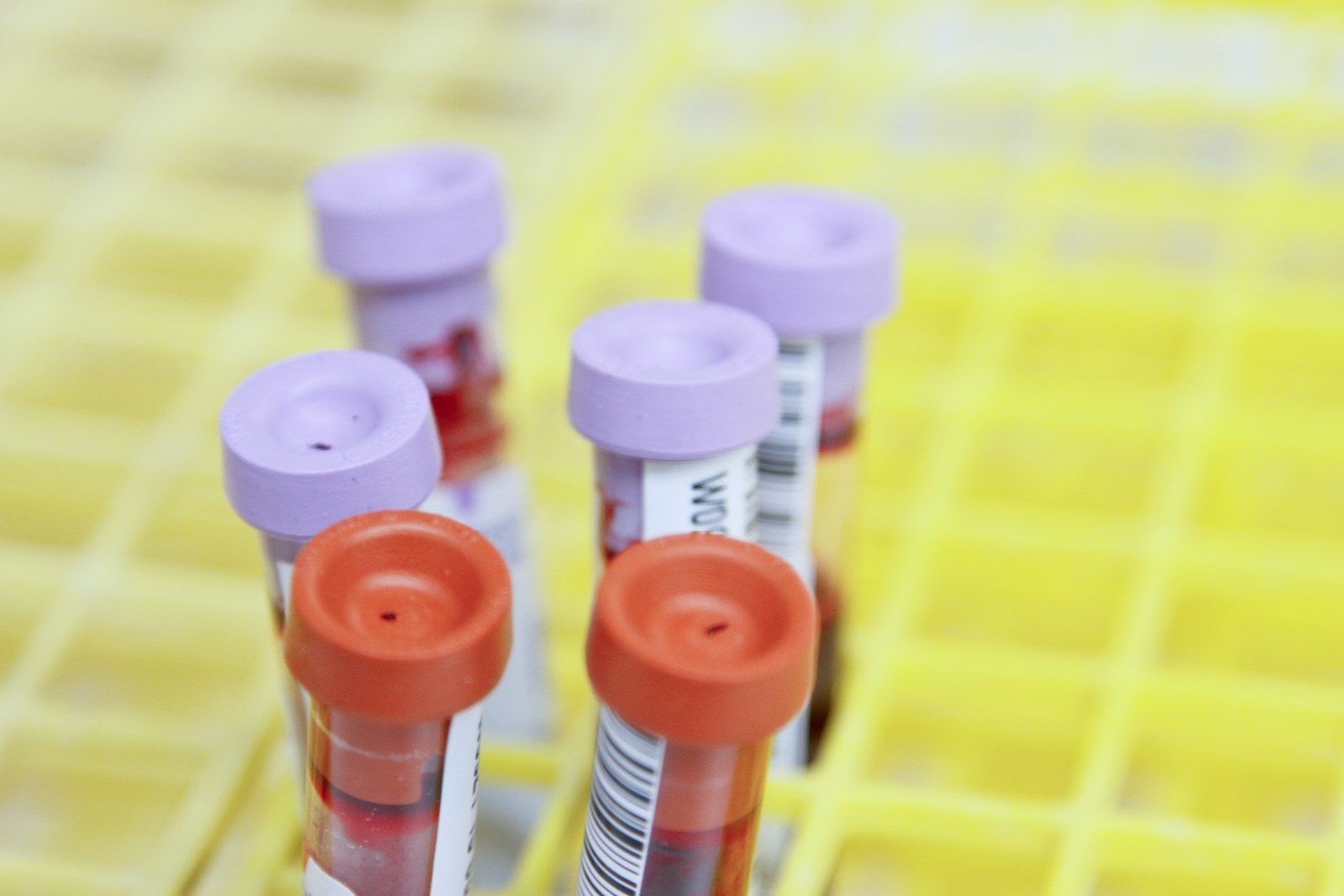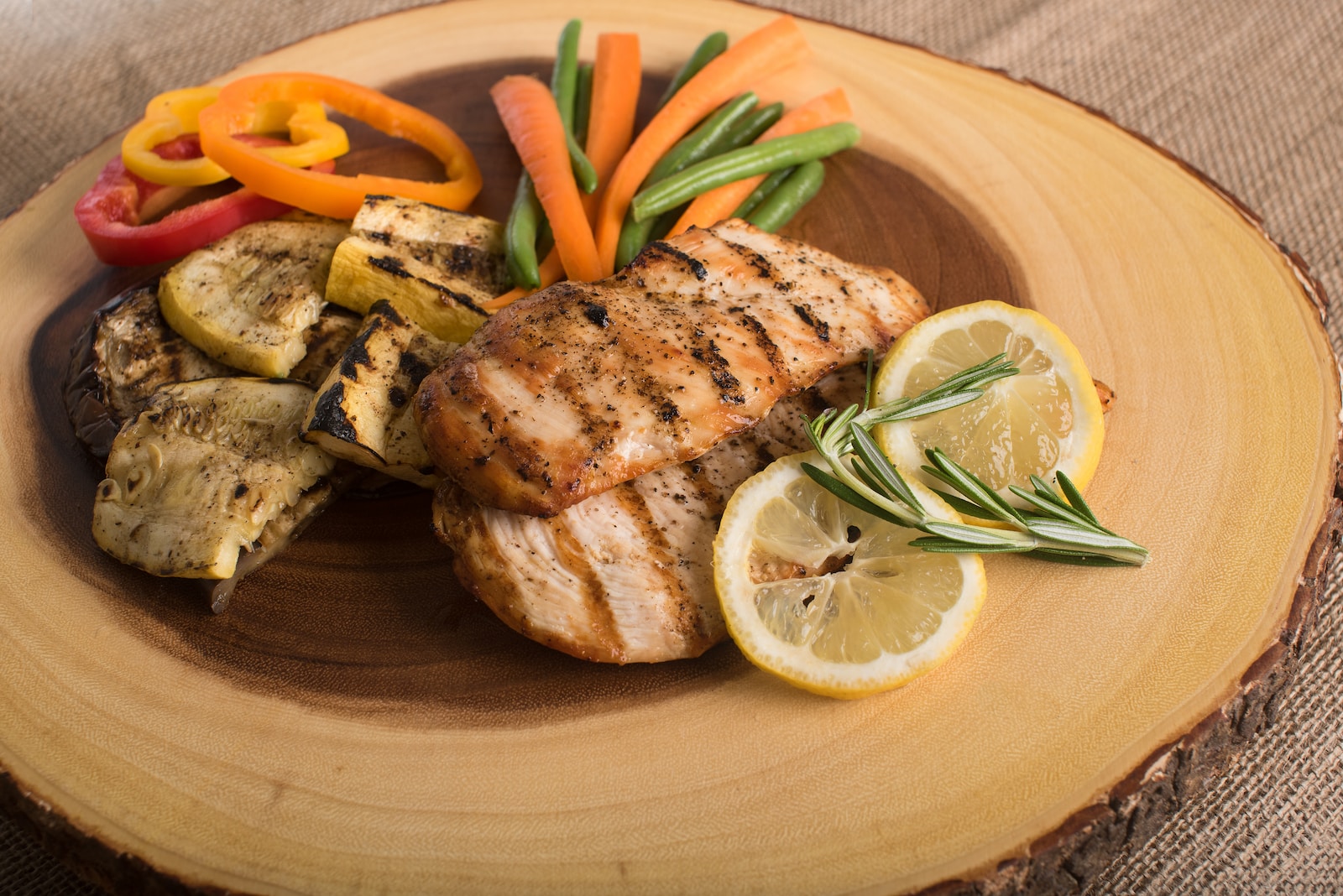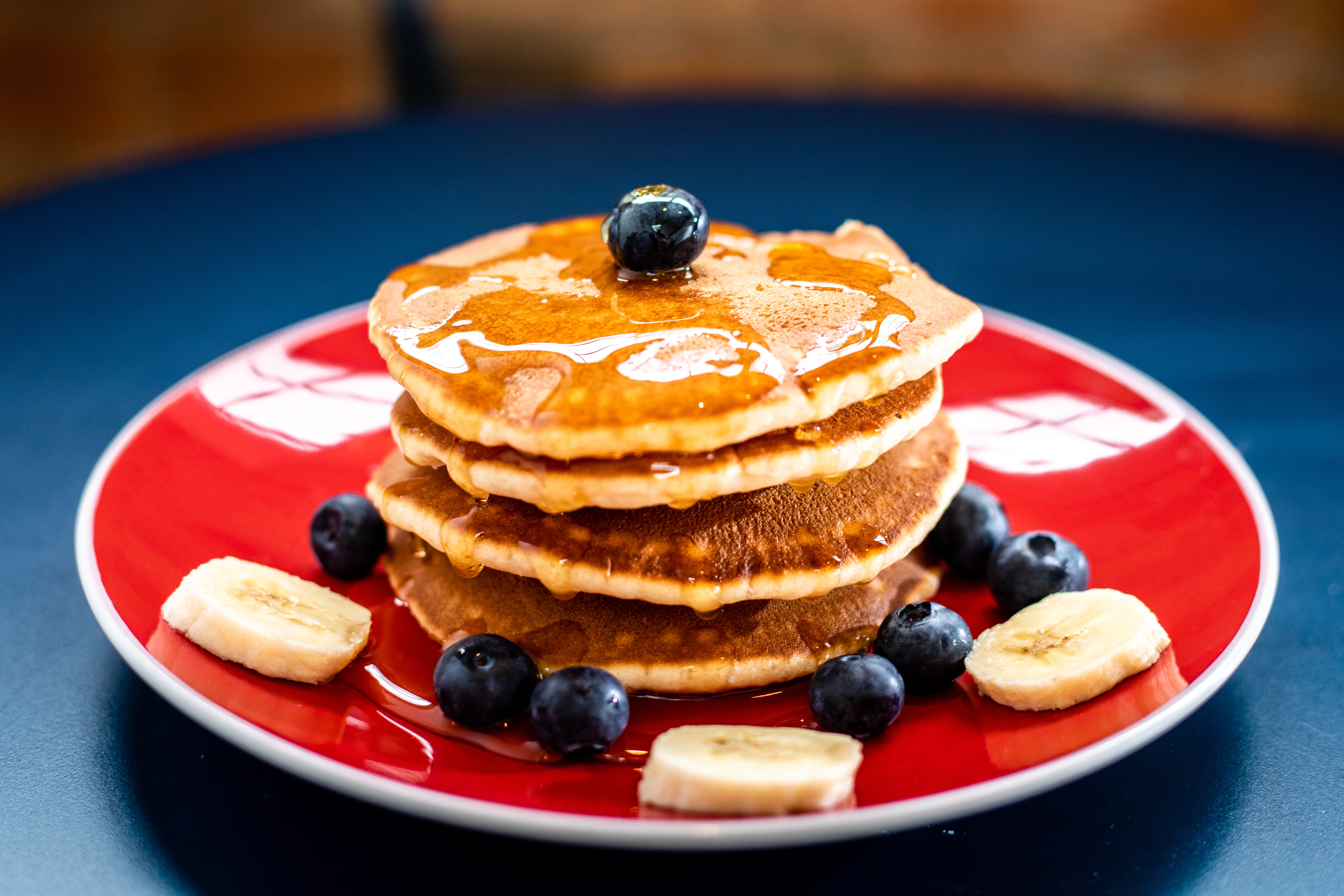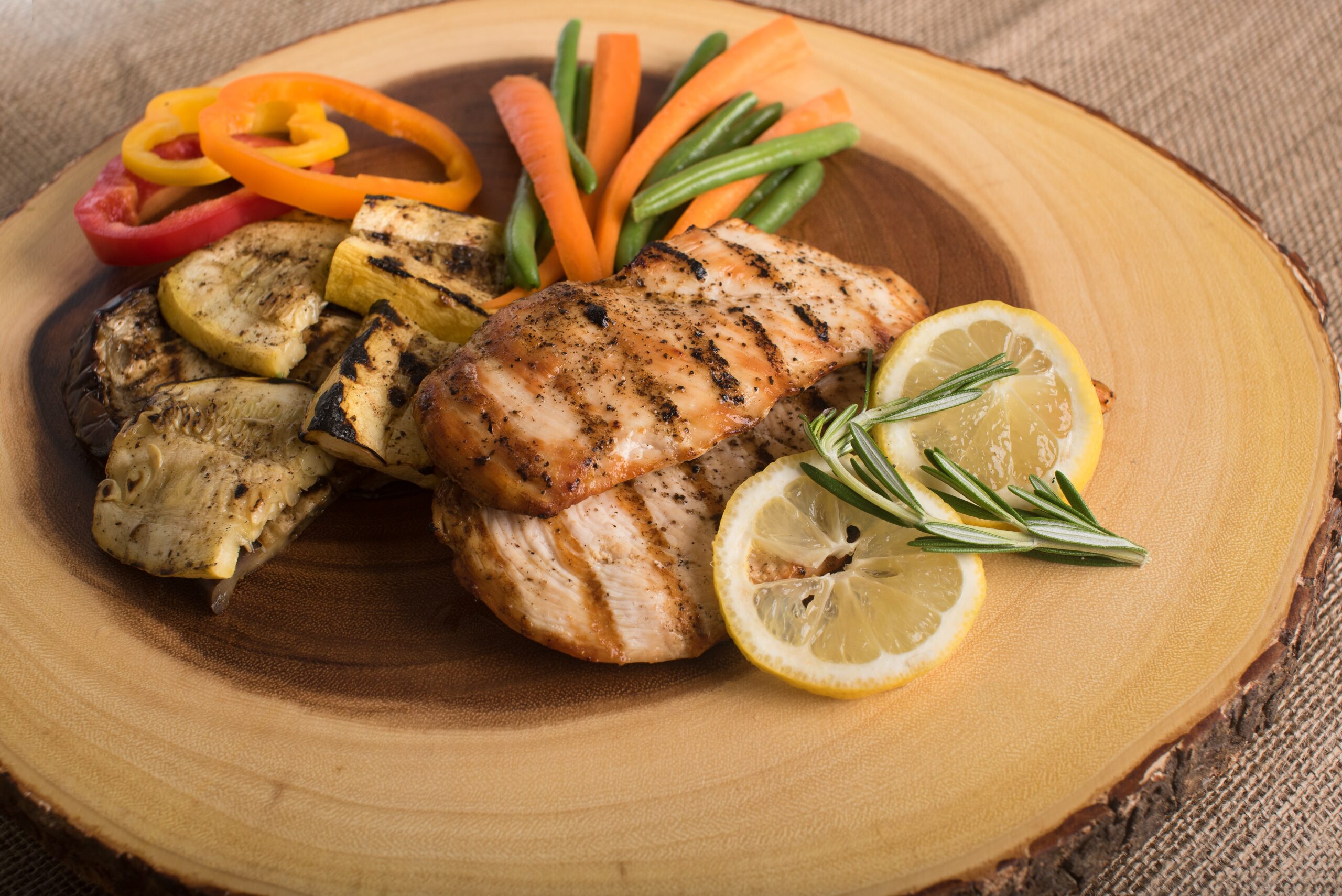The Snack Attack
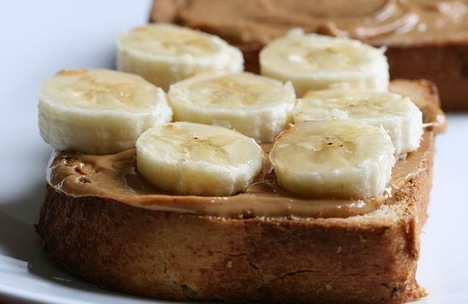
The Snack Attack
What comes to mind when you think of a snack? A glass of milk and a cookie, a bowl of ice cream, a handful of pretzels, a piece of fruit, or a small bag of chips? Maybe instead of food, you count on an afternoon coffee to get you through the workday, or you reach for a sports bar to fuel your after-work workout.
Snacks are intended to be mini meals that provide valuable nutrients and help maintain blood sugars when meals are more than four hours apart. When you go more than four hours without eating, your blood sugars drop, and you get hungry. You might also feel headachy, dizzy, lightheaded, weak, or grumpy.
When you are reactive (you’ve waited too long to eat), you crave a carbohydrate-rich sugary snack because it raises blood sugars quickly and increases serotonin, a neurotransmitter in the brain associated with calmness and anxiety reduction. The good news is you will feel better, calmer, and more relaxed within twenty minutes. The bad news: soon enough, your blood sugars will crash, you’ll be hungry again, and you’ll reach for another sugary snack.
This cycle can be frustrating on several levels. You may feel your cravings are out of control or that you lack willpower, and it becomes difficult to achieve optimal body composition on this roller coaster. This is part of why snacks have earned a bad rap, but in fact, they’re a crucial part of our daily nutrition.
Let’s unpack this together, so lean in.
Snacks are a major part of consistent daily nutrition. Their role is to stabilize blood sugars, which help you control meal-portion sizes and late-night cravings. But here’s the catch: What you choose to snack on makes all the difference. When you’re reactive, and don’t plan ahead, a sugary, carbohydrate-rich choice won’t serve you well in the long run. A balanced snack made up of protein, carbohydrate, and healthy fats will. Protein-rich foods stimulate the release of dopamine and norepinephrine, two important brain chemicals, which are known for increasing alertness and concentration and lead to faster reaction times. They also stabilize blood sugars.
Design snacks that include at least two of the five food groups. For a pre-workout, mid-afternoon snack, be sure to reduce fiber, have moderate protein, and avoid spicy foods to reduce potential GI distress during the workout.
Performance-enhancing snack suggestions:
- Peanut butter and jelly or banana sandwich (half or whole)
- Trail mix (nuts, seeds, and dried fruits)
- Low-fat granola with fruit and yogurt
- Low-fat cheese and crackers
- English muffin or rice cake topped with peanut or nut butter
- Crackers or pita bread and hummus
- Slice of pizza topped with vegetables
- Half a baked potato topped with salsa, cottage cheese, or low-fat cheese
- Cup of soup and crackers
- Carrot and celery sticks with peanut butter
- Half a turkey and cheese sandwich
- *Sports nutrition bar
*On a busy day or while traveling, sports nutrition bars bridge the gap between meals. However, despite being fortified with vitamins and minerals, most are carbohydrate-rich, high in simple sugars (high fructose corn syrup), and if they contain protein, they’re typically void of the iron and zinc commonly found in protein-rich foods. The bottom line: some bars are no different than a candy bar or a handful of low-fat cookies and a vitamin. If sugar accounts for more than half of a bar’s carbohydrate count, steer clear. Having the occasional or even daily sports bar is not going to derail your health, just be mindful that these should be considered an accessory to an otherwise healthy diet based on real food.
Desserts
As for cookies, cake, chips, and ice cream, save these treats for after mealtimes, when you are less likely to be famished so you can avoid overindulging. By slowing down and savoring sweets, you’re more likely to eat a moderate portion. Keep in mind the 80/20 rule: If you’re making smart choices most of the time, then you can relax 20 percent of the time—guilt free.
The Snack Attack The Snack Attack


